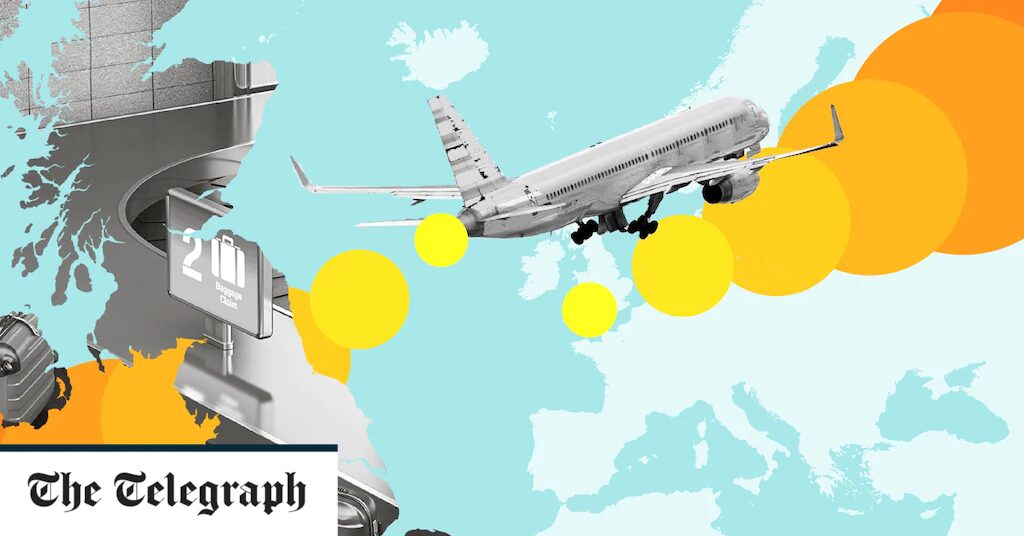The hikes do not end there. Aircraft parking charges – billed in 15-minute blocks – are 40pc higher. And in a hammer blow to airlines that have turned to flying goods instead of people, Heathrow plans to introduce a new charge per tonne of cargo carried, branded a “tax on trade” by some airline bosses.
Industry insiders calculate the charge for a fully laden Boeing 787-9 Dreamliner – used by British Airways, Virgin Atlantic and American Airlines – will rise from £11,191.68 this year to £20,699.80. A Heathrow source insists that by implementing the levy, it reduces the amount by which it would otherwise have had to increase passenger charges.
The increase of nearly 85pc will mostly be shouldered first by the airlines. But experts have little doubt that if the rises go ahead then carriers will have little choice but to pass these costs onto passengers.
A spokesman for Airlines UK, which represents carriers at British airports, says: “Heathrow’s proposed charges will have a detrimental impact on consumers, the majority of whom have been prevented from travelling for the last 18 months, and the post-Covid recovery of the entire aviation industry.”
Many of the charges are linked to noise levels, with quieter aircraft, typically newer and less pollutive, benefiting from lower fees. And much to the annoyance of British Airways, the goalposts are set to be moved.
BA has invested billions in upgrading its fleet in recent years. The flag carrier has already taken delivery of 18 Airbus A321Neo planes, a rival to Boeing’s crisis-hit 737 Max.
Under the revised charging structure, however, A321Neo will no longer qualify as “super quiet”, meaning BA will not benefit from the biggest discount to charges. Charges for a fully laden A321Neo will rise 45pc from an estimated £4,371.26 to £6,322.36.
Turbulence ahead
Heathrow is all too aware of how its proposals will go down with airlines. “We know that it doesn’t look great,” says a source….




